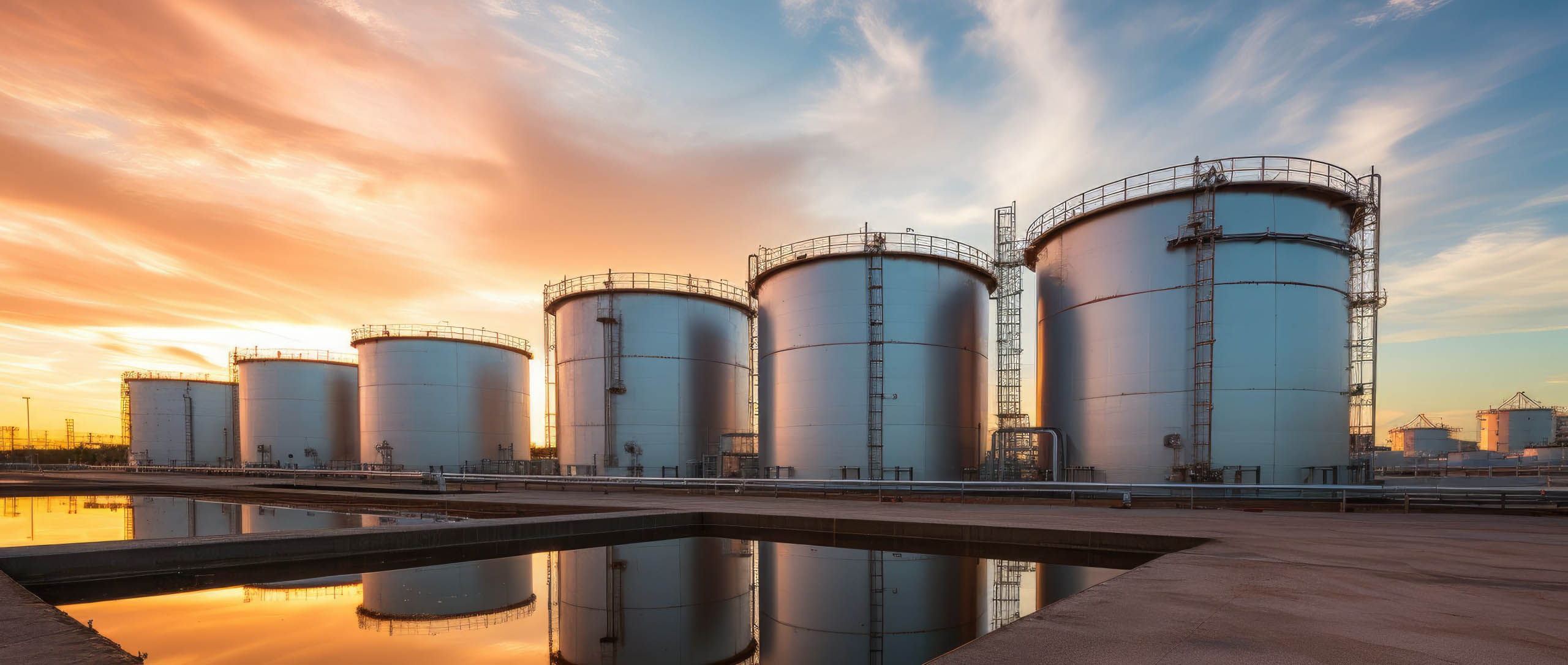
Emergency exercise of V4 countries
On 8 March 2018 an exercise aimed at solution of crude oil supply disruption attended by representatives from V4 countries – Hungary, Slovak Republic, Czech Republic and Poland took place in Budapest, Hungary. The exercise was organised by the Hungarian Ministry of National Development in course of current presidency of Hungary in V4. Slovak delegation was composed of representatives of the Emergency Oil Stocks Agency, the Administration of State Material Reserves and Slovak pipeline operator company TRANSPETROL, a.s.
The exercise was conducted in the form of presentation of hypothetical scenario involving crude oil supply disruption to the region of central Europe and it was aimed at simulation of the situation solution in particular countries, as well as at simulation of V4 countries cooperation. Hypothetical scenario included disruption of crude oil supplies from Russian Federation through Druzhba pipeline in two phases:
- in 1st phase the Druzhba supplies were lowered by 60 %,
- in 2nd phase the supplies were disrupted completely.
In course of the exercise the delegations from individual countries were divided into separate rooms where they were supposed to propose a solution of the situation in line with the options according to their national legislation and respective emergency procedures. Delegations were allowed to communicate with representatives from other countries via phone or e-mail to make the proposed national measures coordinated with neighbouring countries for the purpose of maximum efficiency also at regional level.
In case of real disruption according to the scenario all the V4 countries would be affected. The Slovak Republic would be negatively affected at most, since under normal circumstances the Druzhba supplies are the only source of crude oil imports to Slovakia, while the other countries have their crude oil imports more diversified. Therefore in the 1st phase of the hypothetical scenario the Slovak delegation simulated the disruption solution in the form of releasing the emergency stocks owned by the EOSA Agency. After deterioration of the situation in the 2nd phase the simulated solution included releasing of additional volume of emergency stocks combined with implementation of demand restraint measures. In addition also alternative crude oil supplies were negotiated with Hungarian side through the Adria pipeline, which enables supplies of crude oil to Slovakia from Croatia through Hungary. This way the Slovak Republic would be able to manage presented hypothetical emergency situation without major economic loss until recovery of the Druzhba supplies.
So far the Slovak Republic has no real experience with state of oil emergency or emergency stocks releasing. Therefore exercises like this are important component of emergency preparedness in the area of oil security. We believe that this Hungarian exercise will be followed by other similar exercises at least at the level of V4 countries cooperation. Regional international cooperation and coordination of emergency measures has potential to ensure more effective solution of emergency situations for all involved countries.